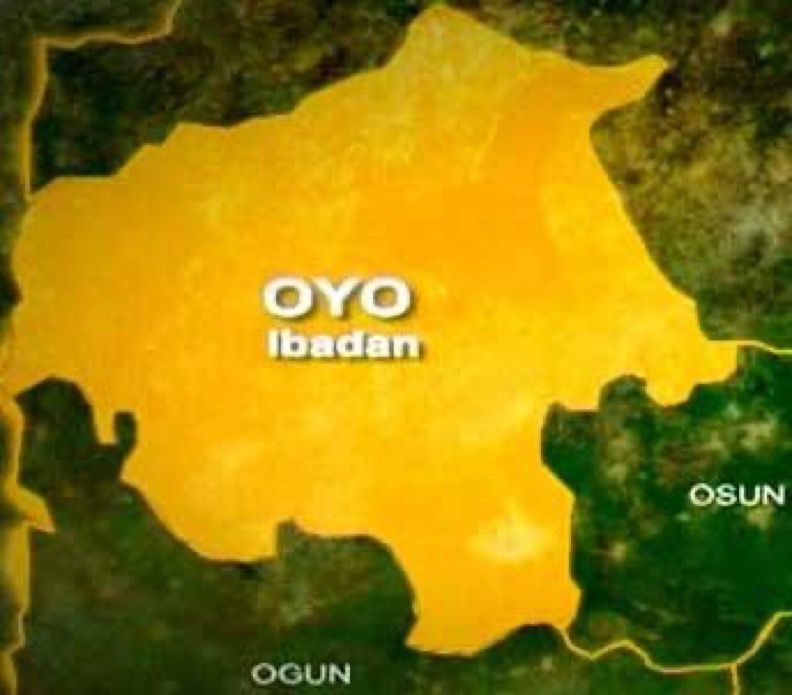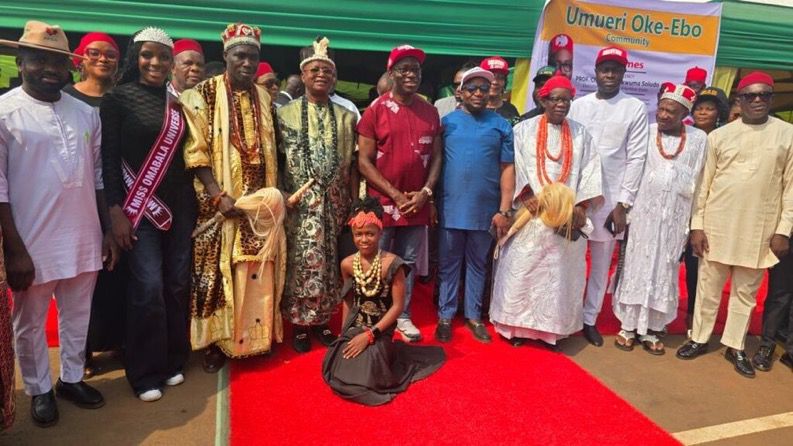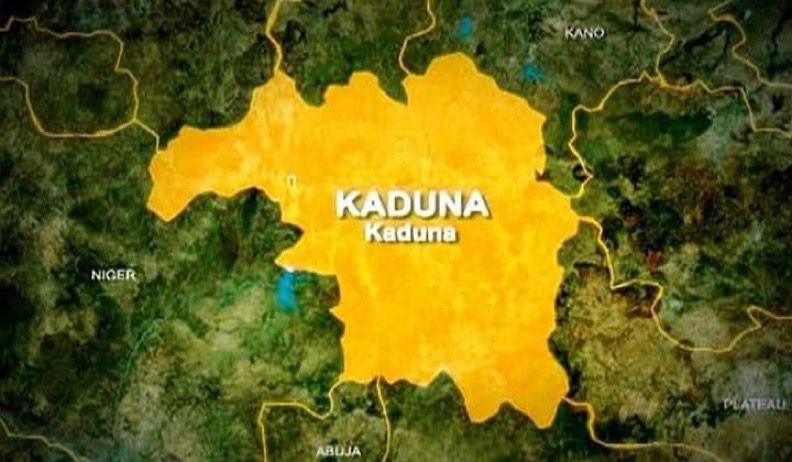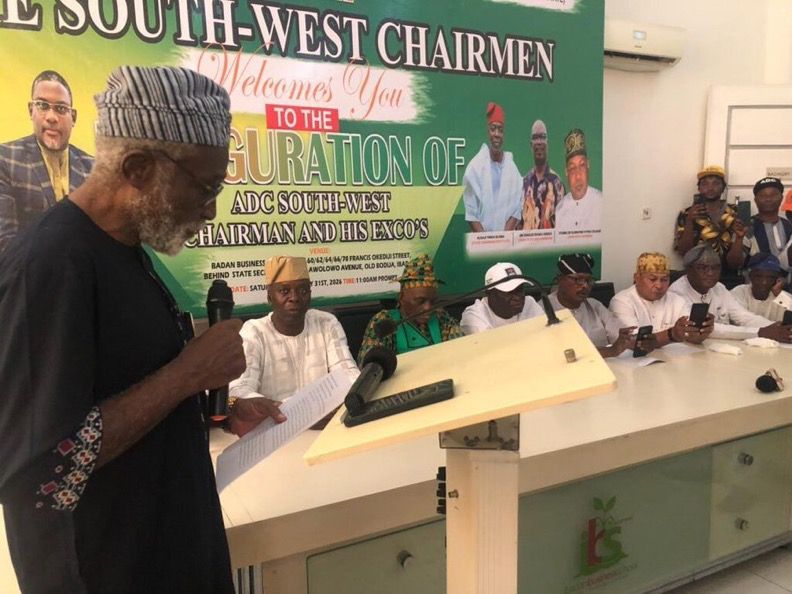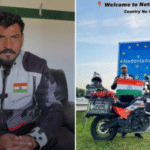Nigeria and France Deepen Bilateral Ties Following High-Level Talks at Élysée Palace

President Bola Ahmed Tinubu of Nigeria met with French President Emmanuel Macron at the Élysée Palace in Paris on Wednesday, reinforcing a growing partnership between the two nations.
The visit, which featured a high-level working lunch, focused on strengthening strategic cooperation in key areas such as economic development, regional security, and sustainable growth.
The meeting marks another significant step in the evolving relationship between Africa’s largest economy and one of Europe’s most influential powers.
According to officials present at the talks, both leaders engaged in “productive and forward-looking” discussions, with particular emphasis on joint efforts to foster economic resilience, boost trade and investment, and combat transnational security threats across West Africa and the Sahel region.
“France and Nigeria share common values and responsibilities in shaping a more secure and prosperous world,” President Macron said in a post-meeting statement.
“Today’s dialogue reflects our shared determination to deepen this historic relationship in ways that benefit both our peoples.”
President Tinubu echoed similar sentiments, describing the visit as “a reaffirmation of mutual trust and an opportunity to shape a new era of cooperation.”
He added that the partnership must be “rooted in mutual respect, economic opportunity, and regional peace.”
A major point of the dialogue centered on accelerating France’s support for Nigeria’s economic reforms and development priorities under President Tinubu’s Renewed Hope Agenda.
These reforms, aimed at revitalizing infrastructure, enhancing food security, and fostering energy transition, have drawn strong interest from French investors and international development agencies.
France’s Development Agency (AFD) pledged additional support through targeted financing and technical partnerships in infrastructure, agriculture, education, and health.
Officials confirmed that both nations are working on finalizing long-term development frameworks to be implemented across Nigeria’s six geopolitical zones.
Several new bilateral agreements are expected to be formalized in the coming months, reflecting a sustained commitment to deepen cooperation beyond traditional sectors.
The leaders also discussed the persistent security challenges facing West Africa, including terrorism, political instability, and organized crime. Both presidents agreed on the urgent need for closer military collaboration, intelligence sharing, and joint humanitarian responses.
Nigeria’s stabilizing role in the Economic Community of West African States (ECOWAS) and France’s evolving engagement in the Sahel were highlighted as complementary forces in promoting regional peace.
“This is not just about bilateral cooperation; it’s about shaping the regional order,” a senior French diplomat said. “France sees Nigeria as a pillar of democratic leadership and stability in Africa.”
The meeting comes at a time of shifting geopolitical alignments, with France increasingly turning toward Anglophone African nations to recalibrate its Africa policy. Nigeria, for its part, continues to seek robust global partnerships to boost economic diversification and global influence.
Analysts view the Tinubu–Macron meeting as part of a broader diplomatic strategy to reposition Nigeria as a central player on the international stage.
“This visit sends a strong signal that Nigeria is not just open for business, but actively reshaping its global partnerships,” said Dr. Mariam Odede, a senior fellow at the Centre for Strategic African Policy.
“France sees the value in aligning with a reform-minded Nigeria at a time when global south cooperation is gaining importance.”
Both governments reaffirmed their commitment to follow through on the outcomes of the meeting, with joint task forces and follow-up ministerial engagements scheduled over the next quarter.
As President Tinubu departed Paris, observers noted that the meeting was more than a diplomatic courtesy — it marked a maturing relationship built on shared priorities, mutual respect, and a vision for sustainable growth in Africa and beyond.


